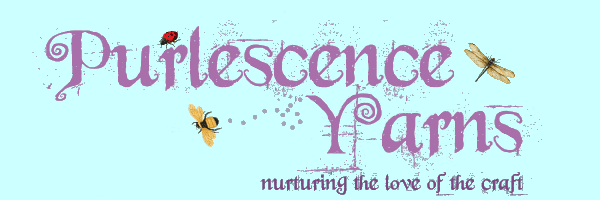
Hi all, Happy Spring! Sorry for my lack of posting lately. I'm in the crunch time of work deadlines and editing my Spring 2013 list, and have also been cramming wedding planning into any free hour I can find...that deadline is fast approaching, too, as I'm getting married this July!
Last weekend I was on the faculty for the
Vermont College Novel Writing Retreat for Middle Grade and Young Adult Writers in beautiful Montpelier, Vermont (VCFA campus pictured above).It was an intimate weekend--about 30 people in total, faculty and attendees combined, with a few alumni who live in the area popping in throughout the weekend. We were housed in the dorms of Vermont College, complete with shared bathrooms (nothing like brushing your teeth together to bond!) and twin-sized beds. I was on the faculty with the brilliant authors
Coe Booth and
Holly Black.
Author and Vermont College MFA alumni
Bruce Black (no relation to Holly) led a wonderful Friday night yoga and journaling workshop on "setting your foundation"--the importance of having a strong foundation in yoga, in life, and in writing (he also led Saturday and Sunday morning yoga sessions, but alas I did not make it to either one). He gave us several writing prompts, one being the question: "What does it take to create a solid foundation as a writer?" (I, of course, answered it substituting "editor" for "writer.") My small epiphany was that getting enough sleep is crucial to having a strong foundation--perhaps because I've been lacking in that aspect of my life lately. But of course there was much more on my list, including great books, a strong support system, and challenges. What would be on your list?
On Saturday morning Coe got us started off with a talk about secondary characters, defining them as the characters in the main character's life who have some impact on his/her life. These generally include, but are not limited to: parents or parent substitutes, siblings, and friends and classmates. She spoke about the important of knowing what each secondary character's life is like beyond the main character. "A flat, lifeless secondary character is a missed opportunity." (she may have been quoting someone else when she said this, so my apologies if I have the attribution wrong) Coe drew on her background as a social worker who did home visits and supplied us with handouts to help everyone establish the structure and system of family relationships. This included interview questions for the adults and other children in the family, as well as questions and prompts for observing the family. Her motto when she writes: "Secondary characters are main characters in her own life!" So true. And you never know when that secondary character in one book is going to star in his/her own book in the future.
There were one-on-one critiques as well as critique groups during the "white space" (some attendees chose to use that time to write) and then after lunch I spoke about narrative voice and structure. I had revised the talk I gave on narrative fiction at the NY SCBWI Annual conference in January, and thankfully none of the attendees of that talk were in Vermont!
There were more critiques in the afternoon, and then after dinner we had a dessert and cocktail reception, and then readings/open mike. People read 2-3 minutes of their work, and it really was wonderful--as I haven't been to Kindling Words in a few years, I realized how much I missed hearing people read their work out loud. They were so varied--some funny, some dramatic, some heartbreaking.
On Sunday Holly spoke about "Fixing the Sickly Book" giving writers guidelines for how to help their writer friends "fix" their book, and how to both be a good doctor and patient. Of course, I found this talk
extremely helpful as it relates to editing. I took copious notes, but I'll just highlight a few takeaways. As the "doctor" it's always good to ask the patients to summarize his/her own book, even if you've read it, because it's important to know where they start, what they actually care about in the book, what they think the protagonist's conflict is, what parts they stumble over, and what the overall tone of the book is. As the doctor, it's good to ask yourself: "Is anyone being stupid? Is this how the world really works? Is this how people really work? Does this make sense?" And when offering remedies, be generous, be flexible, frame suggestions in the form of questions, and give up ownership (all things editors do all the time, I must add!).
It was a hugely inspiring weekend--I would strongly recommend the program to any writer, both aspiring and published. There were quite a few published authors in attendance, and I have no doubt that many more of the attendees will achieve their publishing goals soon.
***
In other news, Andrea Davis Pinkney appeared on The Today Show last week to discuss her middle grade novel
Bird in the Box with Al Roker's Book Club. She was marvelous, and I love the questions the kids asked--it was a new group of kids, but they were so poised it was hard to believe this was their first appearing on the Book Club. If you missed the segment, you can watch it
here.
 |
| Andrea signs books for the kids after the show in the green room. |
Congratulations, Andrea!









































